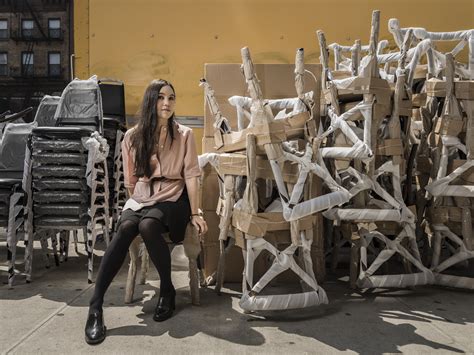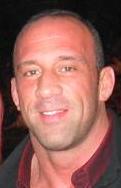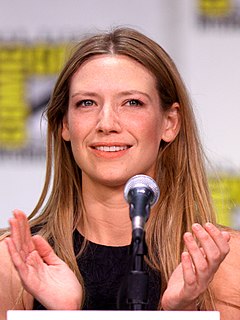A Quote by Alexandra Kleeman
I think of workshopping as a way to read your own work through the eyes of others - a scene that you write gets refracted by those around you, and suddenly you have several different readings of it, each with a different momentum for how it might be retooled or reshaped.
Related Quotes
Writers divide fairly cleanly into those who only work through what they hear and those who are more visual. I am the latter, where I lie down on my office floor and play scenes through my head to - cinematically, several times with different elements - to see what works. I can't write a scene until I can see it.
I often think people on opposite sides of the political spectrum may have similar values around care, around thriving or around independence, or around helping the disadvantaged, but they have different ideologies, different ideas and philosophies about how to go about that. It's important that we start to see each others humanness, while at the same time not losing sight of those differences, views and speeches and actions that do cause harm, that we're clearly taking a stand against.
It's very intuitive, the way that I approach my work. I only buy something that has a pulse. I may not know how I'm going to use it, but I know it has a pulse and it has multiple readings - if I shift it one way or another, it can be read this way or it can be read that way, but both readings are critical and very much ground the work.
To be truthful, some writers stop you dead in your tracks by making you see your own work in the most unflattering light. Each of us will meet a different harbinger of personal failure, some innocent genius chosen by us for reasons having to do with what we see as our own inadequacies. The only remedy to this I have found is to read a writer whose work is entirely different from another, though not necessarily more like your own—a difference that will remind you of how many rooms there are in the house of art.
There are more similarities than differences when it comes to preparation of a performance. You're using some lyrics, you have a relationship with them, they apply to different parts of your life and different circumstances, different memories, different stories you have in your head. You form personal relationships with the song. I think that's very similar, in a way, to prepping a character. You pour your own personality, in a sense, into the character, you sympathize with a character in a way that's similar to the way you might sympathize with a song.
Every project is different. Adapting 'Robopocalypse' would be totally different than adapting, say, 'Hunger Games.' Each project has its own life and its own identity. You get into trouble when you think there's one single way to approach everything. Each project, there's a different way to attack it.
I fundamentally believe that no one can teach you how to write - finding out how to write a story is part of the process of creating a story - but you can really learn through exposure to different writing, to different art forms, to different modes of storytelling, and with mentors who are able to get you to step outside your comfort zone.
It's funny, if you go back and look at all those old movies a lot of times they didn't have the budget for music. Each scene here was written to a different time, whether that be 'Breakfast in America' or just different soundtracks that we had for different parts of the movie. I'm interested to see how it all plays once it's all put together.
And I do think that good art - the art that tends to last - is that art that hits human beings on several different levels at once because everybody's different. Some people approach art through their emotions, others through their head, and the art that can appeal to all of those levels is more likely to reach more people. Having more people see the work doesn't necessarily mean better art but it stands a better chance of lasting.
I would give them (aspiring writers) the oldest advice in the craft: Read and write. Read a lot. Read new authors and established ones, read people whose work is in the same vein as yours and those whose genre is totally different. You've heard of chain-smokers. Writers, especially beginners, need to be chain-readers. And lastly, write every day. Write about things that get under your skin and keep you up at night.



































